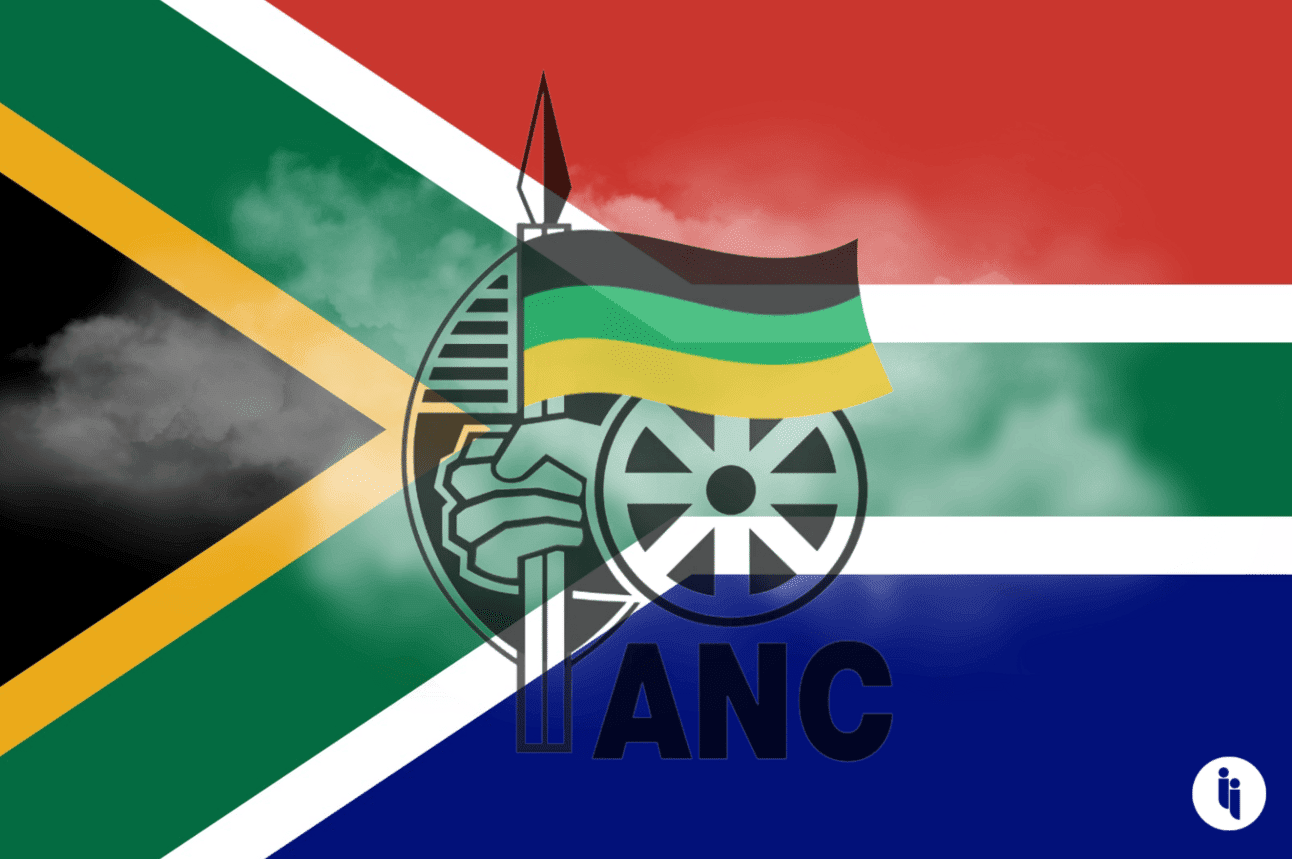Counting is now well underway in South Africa, where millions of voters cast their ballots yesterday (Wednesday) in the country’s most competitive general election in three decades.
And intriguingly, the long-dominant African National Congress (ANC) looks set to lose its majority in parliament, rattling South African politics.
The ANC emerged out of a liberation movement fighting South Africa’s decades-long Apartheid system of government. After 27 years in prison, its revered leader Nelson Mandela steered talks to end white-minority rule, then led the party to a historic victory in the country’s first post-Apartheid elections in 1994.
Stay on top of your world from inside your inbox.
Subscribe for free today and receive way much more insights.
Trusted by 114,000+ subscribers
No spam. No noise. Unsubscribe any time.
The ANC has run South Africa ever since. But since peaking with two-thirds of the vote in 2004, support for the party has declined steadily, with polls projecting a vote well below 50% for the first time this election. And it gets worse when you remember turnout has dropped from 89.3% in 1999 to 66% at the last election.
What happened?
South Africa has the continent’s most advanced economy, though that title disguises a range of issues that’ve been at the forefront of voters’ minds:
- Unemployment is at 33%, and that figure jumps to 46% for youth
- Growth has been in reverse, with GDP per capita decreasing since 2011
- Crime costs South Africa $40B per year, equivalent to 10% of its GDP
- Inequality is the world’s worst by some measures, as South Africa grapples with its Apartheid legacy
- Corruption keeps generating headlines, like the case of the president storing piles of cash in his sofa (he denies any wrongdoing), and
- Energy crises keep rolling on, with households and firms still facing ‘load-shedding’ after decades without enough infrastructure investment.
So against that backdrop, voters have increasingly held the ANC to account, and the country’s balance of power now looks to be shifting as a result.
What’s next?
Either way, the ANC will still be the biggest party in parliament, so it’s likely to remain in power. Likewise, that means ANC leader and the country’s president, Cyril Ramaphosa, should get himself five more years on the job, though a poor result could leave him vulnerable to a challenge from within his own party.
We should know for sure over the weekend if he’s lost his majority in parliament. If so, he’ll have to share power with others, and could face a more energised, competitive parliament, bringing tougher negotiations and more scrutiny.
And as Ramaphosa considers coalition partners, each possible kingmaker will want to take South Africa in a vastly different direction:
- The pro-business Democratic Alliance (DA), with significant white voter support, is tracking in second place. While its brand rests on opposing the ANC, it’s not ruling out a deal.
- The Marxist Economic Freedom Fighters (EFF), pushing for the wholesale redistribution of wealth and land from South Africa’s white minority to its black majority, is tracking equal third. But ANC insiders say they’d only partner with the EFF as a last resort.
- Former leader Jacob Zuma’s new populist party, the uMkhonto we Sizwe (‘spear of the nation’), is also tracking third, splitting the ANC vote. He’s popular in his home province and will drive a hard bargain, but brings plenty of baggage (corruption soared under his watch).
- Or if the ANC only needs a little help to retain a majority, it could turn to some of South Africa’s 48 other smaller parties.
Once we know the final vote, the new parliament must then convene within 14 days to (re)elect the nation’s president. So for the first time in 30 years, with coalition negotiations likely up next, the road ahead for the ANC isn’t so straightforward.
INTRIGUE’S TAKE
So what does this mean for everyone else? Here are two angles to consider.
First, many investors had been assuming the ANC would do a deal with the second-placed DA party above. From a boardroom perspective, that’s a dream outcome: stability, with some new business-friendly ideas. But uncertainty has now pushed the rand to its lowest level in a month, and sentiment will collapse if the ANC brings the Marxists onboard.
Second, South Africa has been throwing its weight around globally, whether lodging the genocide case against Israel, or hosting last year’s BRICS summit. So will this election change that approach? The DA has, for example, distinguished itself from the ANC by showing support for Israel and Ukraine, and taking more of a pro-Western approach to the world.
But foreign policy is one of the few areas where voters still give the ANC high marks, so it’s hard to see the ruling party handing over the keys to the foreign ministry at all, let alone to someone pledging a big pivot.
Either way, the longer any coalition negotiations drag on, the more likely we may be in for a new era of political gridlock ahead.
Also worth noting:
- Earlier this month, South Africa’s constitutional court upheld an electoral ban on former leader Jacob Zuma due to his prior conviction for contempt of court. His new party still ran other candidates, so he’s still a potential kingmaker.








